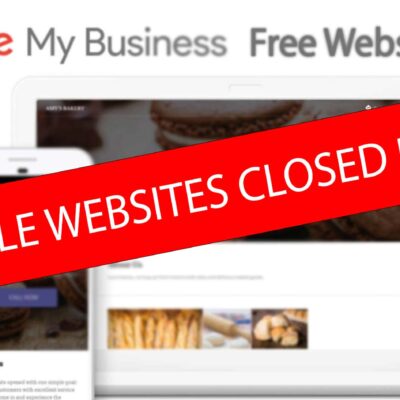It’s no secret that Facebook wants to keep you on their site. The same is true for any website. The reason is fairly obvious. Visitors = sales, or in the case of Facebook: your eyeballs = ad power. This is not a new concept, it’s a basic principal of business: customers / visitors = sales. The challenge therefore, is how to prevent visitors clicking off to some other (probably a competitor) website.
Most people understand that businesses such as Facebook, Twitter, Linked In and others – all rely on their advertisers to pay their bills, after-all, running such a business is incredibly expensive. Facebook (according to their company Newsroom information page) employs around 11,000 people (May 2015). According to payscale.com, the average Facebook salary is a very comfortable US$122,267. Even if we were to take a more conservative figure of say, $100,000 per employee, some quick arithmetic will tell you that is a lot of money per year on salaries: 11,000 x $100,000 = $1100,000,000 or a staggering $1.1 billion per year. And that does not include any associated other business costs! According to marketwatch.com, the business incurred overall expenses of over $4bn in 2014 and annual revenue was close to $12bn.

Yes, that is an awful lot of ad space to sell, and requires a significant number of eyeballs to convince said advertisers to part with their budget. Facebook does have a successful business and the reason is simple – everything they do is focussed around this mantra: keep people on your website.
For social media sites, the method is simple: provide entertainment and the advertiser click-throughs will increase. Advertisers meanwhile, are able to see aggregate statistics and data on user behaviour, browsing habits, pages viewed, links clicked etc. Whatever your feelings about privacy, you are the product!
How do I keep people on my website?
The point of this article is to demonstrate and reinforce the following: The more time you invest in your website (e.g. by writing and sharing wisdom such as this post 😉 adding news items, keeping content fresh and up to date), the more visitors you will attract. The greater the resource, the longer the visitor will stick around. In general, by increasing visitor traffic and time spent on your website, the potential for sales increases. Obviously it also depends on a variety of other factors, such as how desirable your product/service is, price ranges, competitor activity etc., but you get the idea.
Facebook Notes vs Your Website
Facebook recently announced plans to upgrade their “Notes” feature – basically, to enable users to write “blog” articles directly on and within their Facebook page. The question is, would doing so harm or benefit your business? In our opinion, your Facebook (and all your social media activity) should be used to enhance and support your business website, not the other way around. In this respect, writing an article or blog post on your website news section and then posting the link to it on your social media pages would be our recommendation. By doing this, you are practising one of the golden rules: Drive all traffic to your website.
Whatever you do on your social media channels, before you hit publish, just ask yourself the following: “How does the content I am writing / publishing enhance my brand or promote my business? What links should I include back to my own website?” If you always keep that in mind, it will help you to increase the interest and awareness in your business, visitor traffic to your website and consequently, new enquiries or sales!
At Purple Dog, we are experts in social media engagement strategies and would be delighted to assist you in planning your next project. Get in touch to find out more.








